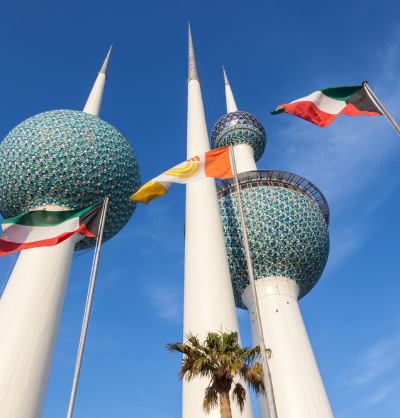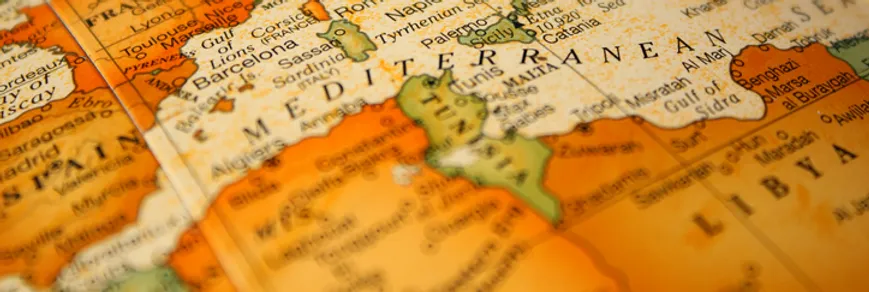Only a week after the Berlin Conference on Libya, which had signaled an international willingness to ‘refrain from interference in the armed conflict’ and had welcomed the ‘reduction in violence since January 12th and the negotiations undertaken…aimed at paving the way towards a ceasefire agreement’, open confrontation has erupted between General Khalifa Haftar’s Libyan National Army (LNA) and forces loyal to the UN-backed Government of National Accord (GNA), close to the city of Misrata. Besides, according to the United Nations Support Mission in Libya (UNSMIL), foreign powers have not stopped their proxy campaigns in the country. On 25 January 2020, UNSMIL issued a statement warning that the truce was ‘threatened by the ongoing transfer of foreign fighters, weapons, ammunition and advanced systems to the parties by member states, including several who participated in the Berlin Conference’.
These episodes continue to affect the possibility of an effective ceasefire in the North African state and plunge Libya’s social, political and military reality once again into the dire uncertainty of an almost year-long ongoing conflict linked to Haftar’s bid for power. It is important to point out, however, that Libya has suffered consistently from political and military turmoil since the ousting of Dictator Muammar Gaddafi in 2011.
The implications of resumed internal fighting for control over Tripoli are far reaching. On the opposite side of the Mediterranean, Turkey has set its sights once again on Libya, making the GNA an important ally in Ankara’s race for hydrocarbon exploration in the Eastern Mediterranean. Not only has Turkey’s Parliament approved the deployment of Turkish troops to aid the GNA, but it has also signed a maritime deal with Tripoli last November, which delineates the maritime borders of both states, causing outrage in countries such as Greece, since the supposed borders overlap its Exclusive Economic Zone (EEZ). Besides overlooking Greece’s sovereign rights in the region, the maritime deal has even greater ambitions: it aims at blocking the construction of the East Mediterranean pipeline that is meant to transport natural gas from both Israel and Cyprus’ recently discovered massive gas and oil fields, to Greece and finally to Italy.
Two very distinct scenarios could develop from now on in regards to Libya’s role in Turkey’s geopolitical strategy. On one hand, if the GNA and the maritime deal with Turkey stand, Ankara could really act upon its word and start exploring for oil and gas in Greece’s EEZ, as it continues to do quite defiantly so in Cyprus’ case. In fact, Turkish Petroleum drill ship Yavuz finds itself currently in Cyprus’ EEZ. The European Union (EU) is not able to do much in terms of sanctions against Turkey, besides the classic economic measures, since Turkey is also a crucial NATO member, with the second largest NATO army after the USA, and has political leverage when it comes to halting the flow of refugees trying to reach Greece in the Aegean Sea.
On the other hand, the degree of instability in Libya as a result of foreign interference on both sides added to General Haftar’s clear ambitious drive to secure the country under his own command might render the maritime deal null in the future in case Haftar’s forces conquer Tripoli or in case the country remains split into two governments. Let us not forget that the maritime area in question is in the Eastern part of Libya, off the Derna-Tobruk coast. In fact, the Libyan House of Representatives (HoR) in Tobruk, loyal to Haftar, has already expressed itself against the deal, accusing GNA leader, Fayez al-Sarraj, of “high treason” for signing the agreement with President Erdogan and further voting to cut ties with Ankara. All in all, a null agreement would mean Turkey loses the upper hand when it comes to blocking the construction of the East Mediterranean pipeline and of possibly playing naval war games in Greece’s sovereign waters. Again, the situation in Libya is fluid so further developments will tell which of these scenarios will play out, but what is clear is that Libya has become an important pawn in Erdogan’s geopolitical strategy for the Eastern Mediterranean.
*Melissa Rossi is an EGIC fellow from the Brazilian Naval War College in Rio de Janeiro





